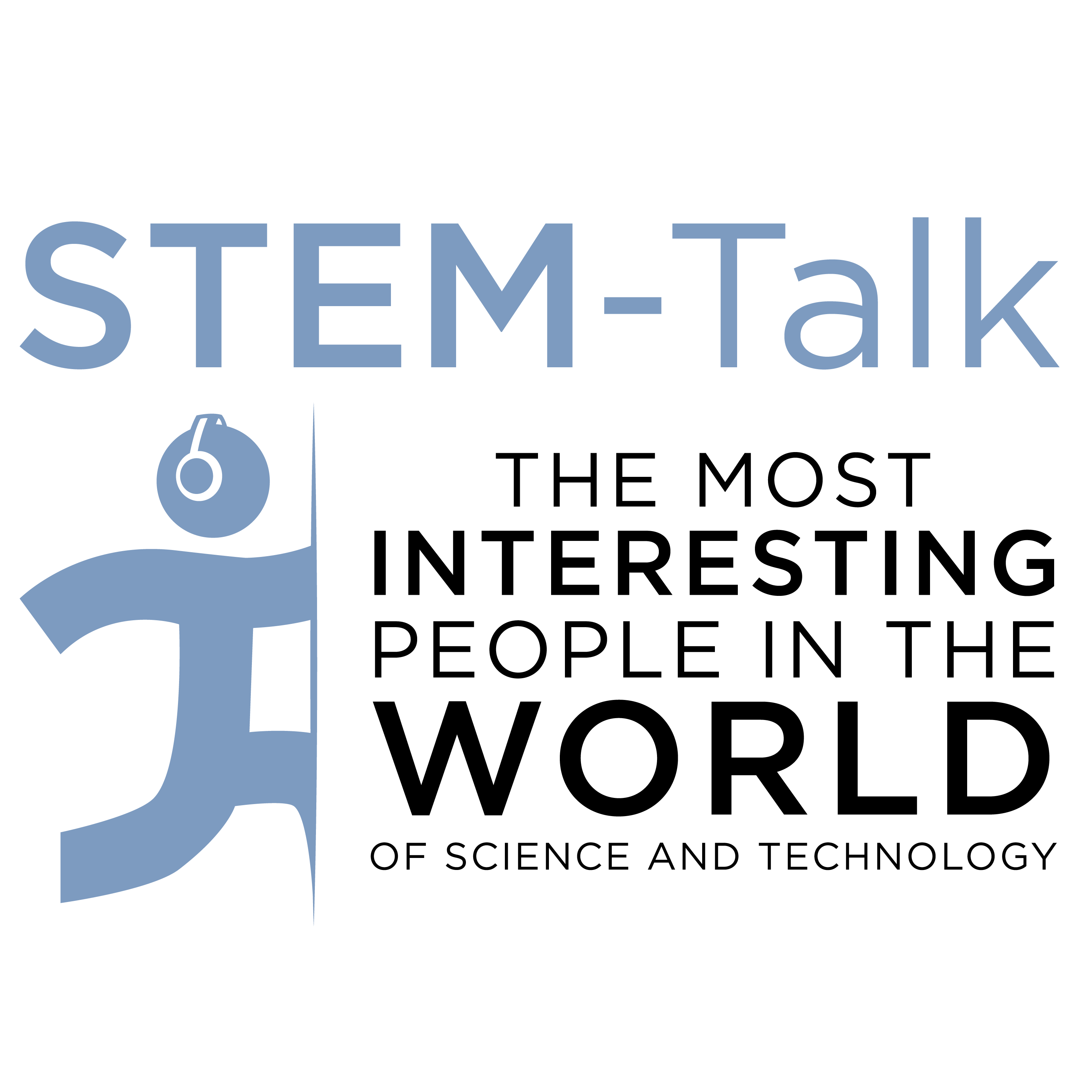Episode 134: Mike Griffin discusses America’s hypersonic arms race with Russia and China
Description
Our guest today is Dr. Michael Griffin, the Pentagon’s former Undersecretary of Defense for Research and Engineering. During his two and a half years as undersecretary, Mike made hypersonic weapons and defense against them his number one priority.
In today’s episode, Mike talks about the history of hypersonic technology; why he made it his number one priority at the Department of Defense; and why Russia’s and China’s growing hypersonic capability represents a serious threat to America’s national security.
Our interview with Mike was conducted on March 23, one month following Russia’s invasion of Ukraine. The weekend prior to our interview with Mike, Russia reported that it used a hypersonic missile to strike a Ukrainian military facility.
This is Mike’s second appearance on STEM-Talk. He was our guest on episode 23 back in 2016 when we talked to him about his tenure as NASA Administrator from April of 2005 to January of 2009.
Mike holds numerous academic degrees, including a BS in physics from Johns Hopkins, five master’s degrees, and a Ph.D. in aerospace engineering from the University of Maryland. In addition to serving as NASA Administrator and Undersecretary of Defense for Research and Engineering, his long career has included numerous other academic and corporate positions.
Show notes
[00:04:33] Dawn welcomes Mike back to the podcast, mentioning that when Mike was last on STEM-Talk in 2016, he talked about space exploration and his tenure as NASA administrator. Dawn goes on to mention that since then, Mike served a two-and-a-half-year stint as the Pentagon’s first research and engineering undersecretary, a position Congress created in 2018. Mike talks briefly about his perspectives on hypersonics research and development in the U.S. as well as in China and Russia.
[00:05:36] Ken asks Mike to give a brief definition of hypersonics, given that during his time as undersecretary, he made hypersonics his top priority.
[00:09:59] Ken mentions that last weekend, Russia reportedly used hypersonic weapons in Ukraine. Ken asks if Mike has any thoughts as to why the Russians are using hypersonic weapons in Ukraine as opposed to other less expensive weapons that would have sufficed from a military perspective. Ken wonders whether the use of hypersonics was primarily for strategic messaging.
[00:12:26] Ken asks Mike about his op-ed in Breaking Defense that he recently co-authored and was titled, “Rethinking the hypersonic debate for relevancy in the Pacific.”
[00:15:17] Ken points out that many U.S. leaders view China as primarily a trading partner and a source of inexpensive goods rather than a power that regards the U.S. as an adversary.
[00:16:49] Mike describes hypersonics in more detail and explains the implications for national security.
[00:18:28] Dawn mentions that hypersonic technologies are often thought of as relatively new. Mike talks about how the first hypersonic systems were actually used during World War II by the Germans.
[00:19:34] Ken explains that the aerodynamic heating that occurs at hypersonic speeds is very intense. As a result, the propulsion technology, airframe materials and thermal management involved in hypersonics is very demanding. Ken goes on to say that in the mid-1950s, this was an issue the Air Force had to overcome during its development of the Atlas Intercontinental Ballistic Missile. Ken asks Mike to discuss aerodynamic heating caused by hypersonic speeds and how it was handled with respect to the Atlas missile.
[00:23:12] Ken asks about the challenges NASA faced in overcoming aerodynamic heating on the Command Module for the Apollo missions during reentry,
More Episodes
Today we have Dr. Rudolph E. Tanzi, who is perhaps best known for co-discovering all three familial early-onset Alzheimer's disease genes. In addition, Rudy’s lab was the first to use human stem cells to create three-dimensional human brain organoids and three-dimensional neural-glial culture...
Published 10/25/24
Published 10/25/24
Our guest today is Dr. Anurag Singh, the chief medical officer at Timeline Nutrition, a Swiss life-science company that focuses on ways to improve mitochondrial and cellular health. Anurag is particularly known for his research into the gut metabolite, urolithin-A, which has been shown to improve...
Published 09/23/24


